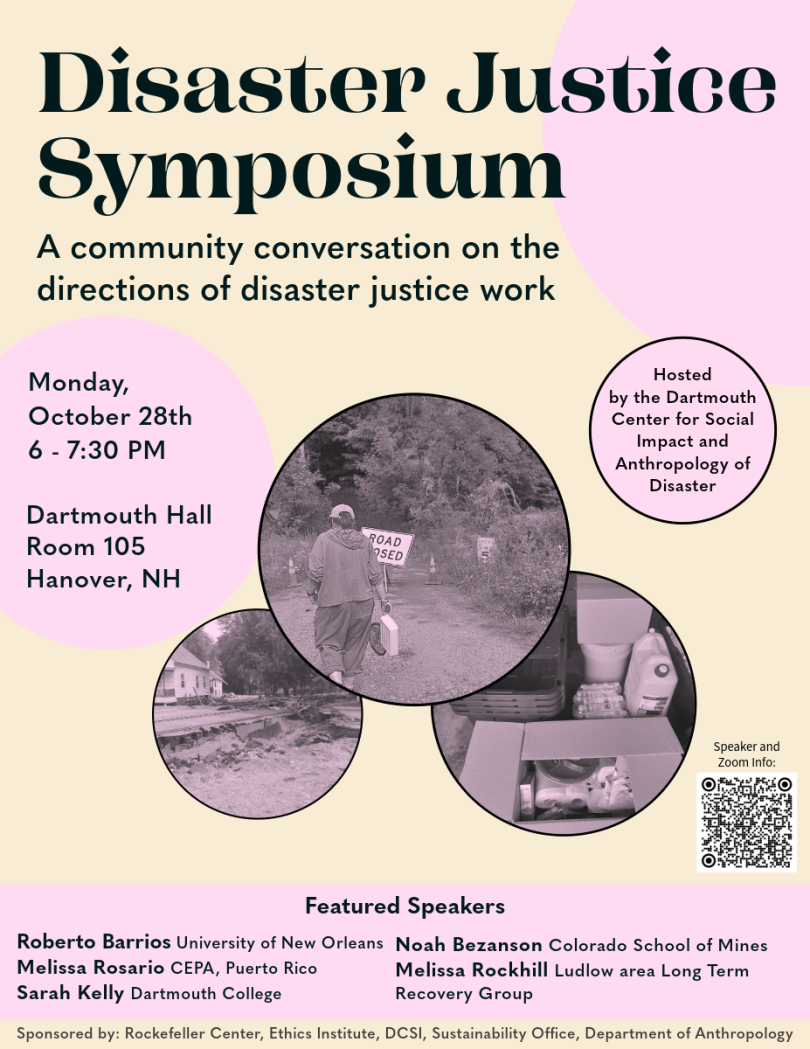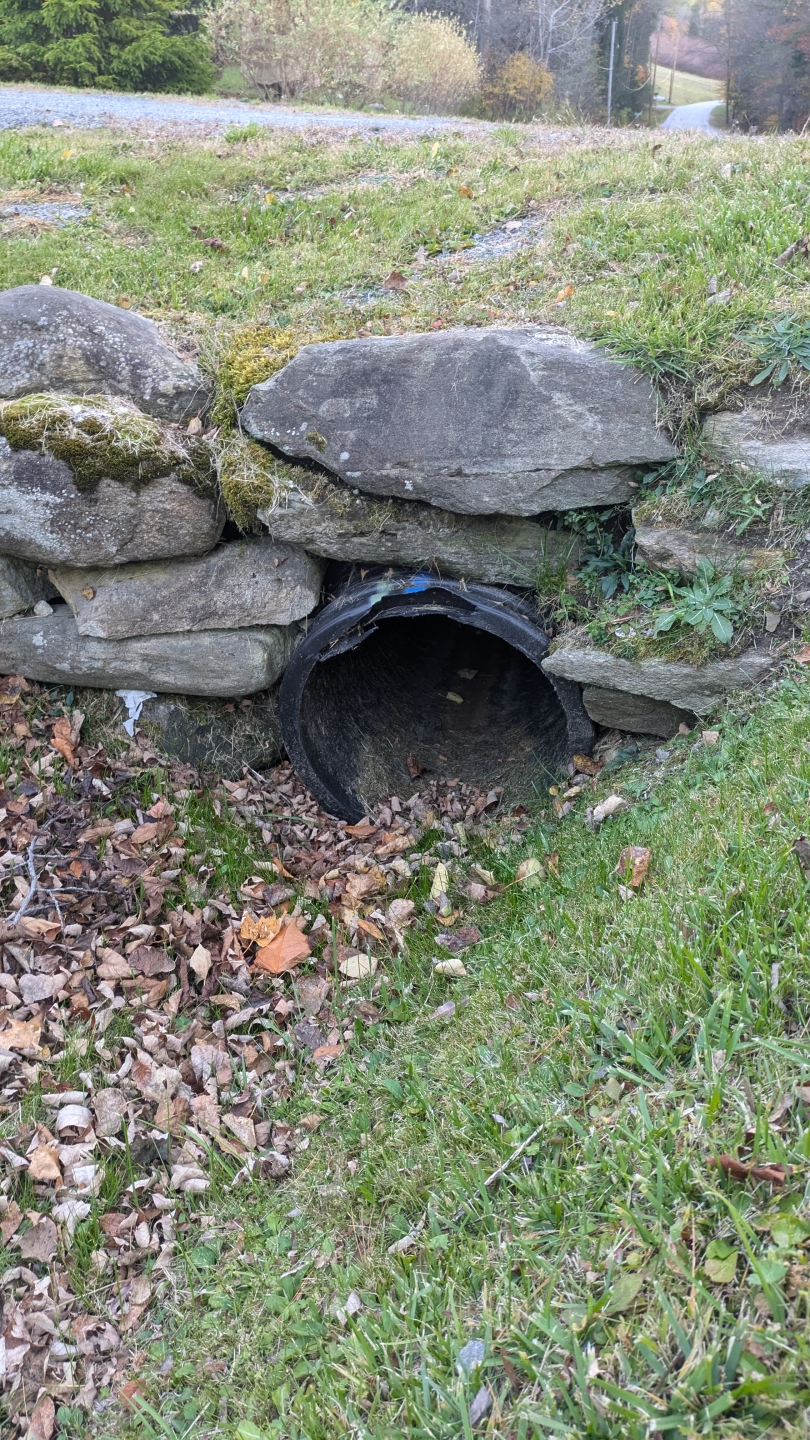
SIP Courses at Dartmouth
The SIP—Social Impact Practicum—course program at Dartmouth is facilitated by DCSI (Dartmouth Center for Social Impact). DCSI connects professors and courses with local organizations with the goal of having a tangible impact on the community as part of the course outcome. This creates an awesome opportunity for students to engage with academic content while also developing the skills to interact with community partners, and this happens to be a great way to prepare for various careers. Personally, I love that there are possibilities to engage with community partners and have a beneficial impact during my college years.

I have taken two SIP courses so far!
24S (Spring term 2024)—'Nature-based Solutions' with the environmental studies department was also my first-year seminar, a writing requirement for all first year students. Our SIP partnership was with the CRC (Connecticut River Conservancy). The SIP aspect of the course focused around providing the CRC with a possible plan to reintegrate various specific and important mussel species back into the river, which is especially important given that mussels naturally clean the water.
24F (Fall term 2024)—'Anthropology of Disaster', which is an upper-level cultural anthropology course. The SIP aspect features various partnerships such as Vermont Emergency Management, BRAT (Black River Action Team), and the Energy Justice Clinic at Dartmouth. There are 4 different SIP groups in the class; the one I chose is focusing on culvert surveying and maintenance in Ludlow, VT. This is something I am really enjoying since I have some background experience with infrastructure, construction, and municipal government. Vermont has faced some serious flooding which has had some dire impacts in the last few years, so this project is especially relevant as it could prevent worse damage should other floods occur.

I hope I can take more SIP courses!


















